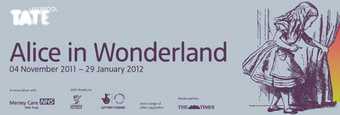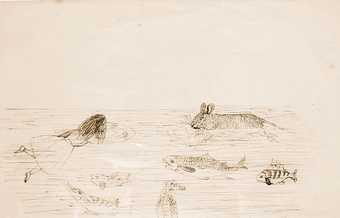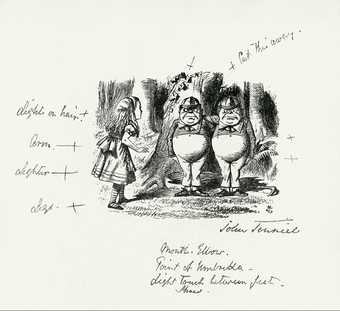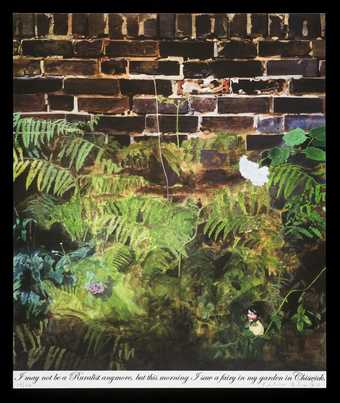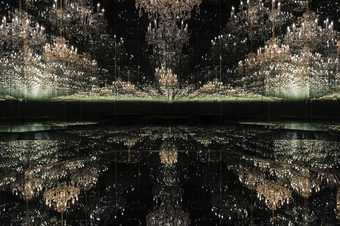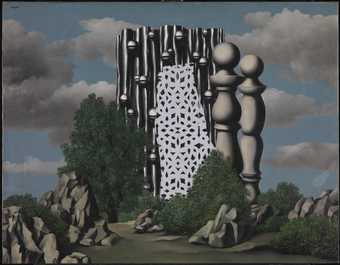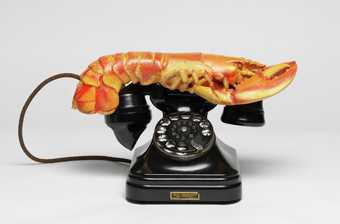Lewis Carroll’s timeless novels, Alice’s Adventures in Wonderland and Through the Looking Glass, have fascinated children and adults alike since their publication over 150 years ago. Alice in Wonderland at Tate Liverpool is the first exhibition of its kind to explore how Lewis Carroll’s stories have influenced the visual arts, inspiring generations of artists. The exhibition will provide insight into the creation of the novels and the inspiration they have provided for artists through the decades.
The starting point for the exhibition is Carroll’s original manuscript, written in 1864 as a present for ten year old Alice Liddell. Carroll’s own illustrations ensured that images were central to the story, creating a visual world which took on a life of its own.
Alice in Wonderland will offer visitors a rare opportunity to view Carroll’s own drawings and photographs, alongside Victorian Alice memorabilia and John Tenniel’s preliminary drawings for the first edition of the novel.
Carroll’s stories were soon adopted by other artists. Surrealist artists from the 1930s onwards were drawn towards the fantastical world of Wonderland where natural laws were suspended. From the 1960s through the 1970s, Carroll’s Alice tales also prompted conceptual artists to explore language and its relationship to perception, and the stories inspired further responses in Pop and Psychedelic art. Expect to see works by artists ranging from Salvador Dalí and René Magritte, to Peter Blake and Yayoi Kusama.
Alice in Wonderland will also showcase an exciting selection of contemporary art, demonstrating the continuing artistic relevance of Carroll's novels. Works by Anna Gaskell, Annelies Strba and Torsten Lauschmann will all appear, exploring ideas such as the journey from childhood to adulthood; language, meaning and nonsense; scale and perspective; and perception and reality.
There are five art works in the contemporary sections of the exhibition that are not suitable for children. These works have relevant signs in place and Family visitors and School groups can ask a member of staff for more information.

